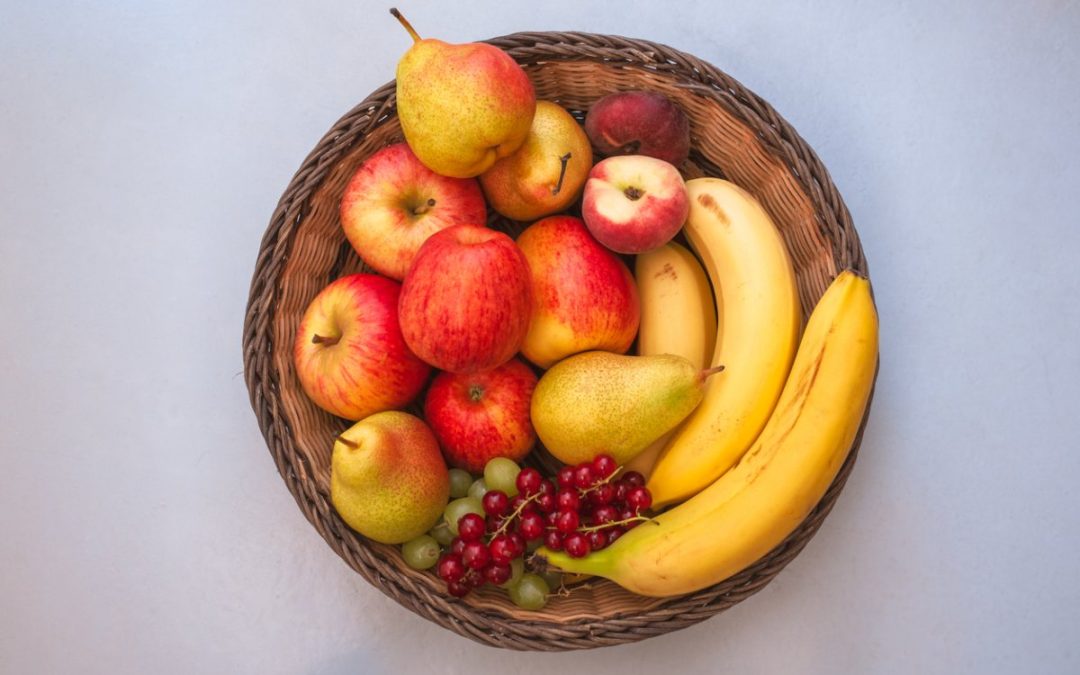From getting enough exercise to going to bed and waking up at the same time every day, there are a ton of ways you can promote deeper and more restful sleep. And one of those ways? Leaning on sleep-promoting foods. Here, registered dietitian Cliona Byrnes, R.D. shares her go-to bedtime snack, plus why it’s so helpful for sleep.
An R.D.’s go-to bedtime snack:
A great bedtime snack, according to Byrnes, will incorporate two things: tryptophan and magnesium. “Tryptophan is an essential amino acid, and its calming effect can help you fall asleep faster and sleep longer. It’s found in foods such as turkey, chicken, eggs, pumpkin seeds, beans, peanuts, and leafy green vegetables,” she tells mbg.
And magnesium, she notes, also helps to calm and relax the body, “and is found in a variety of foods including whole grains, dark leafy vegetables, nuts and seeds, bananas, yogurt, and milk.
So, she says, a banana with a spoonful of peanut butter makes for a simple (and delicious!) snack that will provide both tryptophan and magnesium, making it a great option if hunger strikes before bed.
Not in the mood for a snack?
Of course, if you’re not in the mood for a snack but still want to get the sleep-promoting benefits of magnesium, you might want to consider a supplement, such as mbg’s sleep support+.*
Its non-hormonal, non-habit forming formula combines the benefits of magnesium bisglycinate with calming jujube, as well as PharmaGABA® for a supplement with ingredients that are science-backed to enhance sleep quality.*
Taking the supplement 1-2 hours before bed can help you fall asleep faster, stay asleep longer, and wake up feeling more restored.* Read up on the hundreds of five-star reviews of the supplement here, and learn more about its smart formulation here.
Your nighttime diet and routine can make a big difference in your sleep quality. Whether you’re opting for a tasty bedtime snack rich in tryptophan and magnesium, or reaching for your favorite sleep supplement, make sure that the last thing you do every day is in support of high-quality rest.
If you are pregnant, breastfeeding, or taking medications, consult with your doctor before starting a supplement routine. It is always optimal to consult with a health care provider when considering what supplements are right for you.

